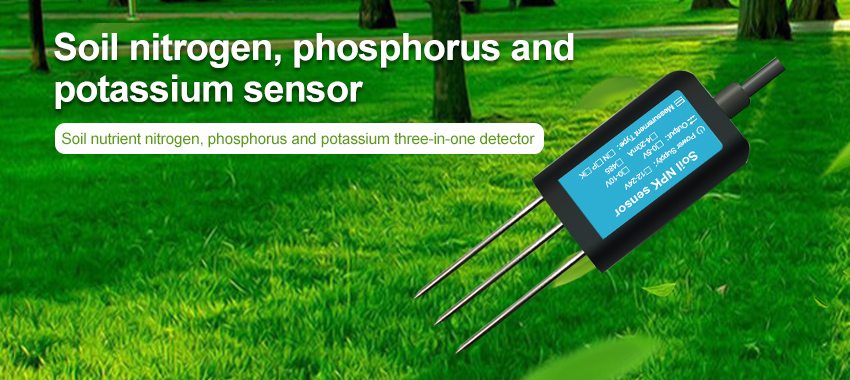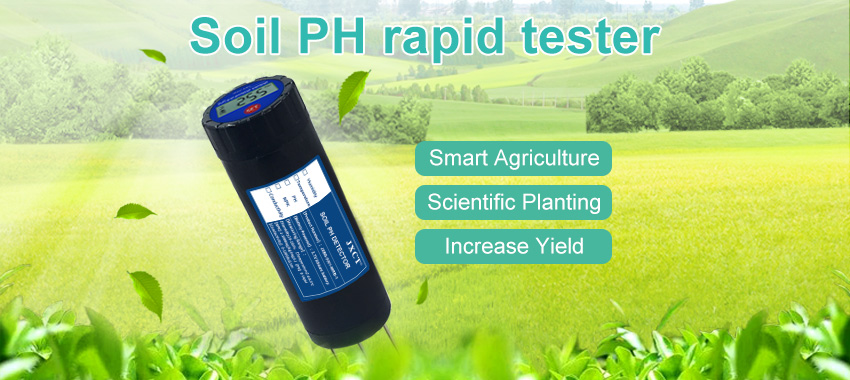Precision Farming: Empowering Farmers with Real-time Soil Sensor Data
Soil health is the foundation of sustainable agriculture and plays a crucial role in ensuring food security and environmental sustainability. Understanding the intricate dynamics of soil is essential for optimizing crop productivity, conserving resources, and mitigating the impacts of climate change. In recent years, soil sensor technology has emerged as a powerful tool for unlocking the secrets of soil health. This article explores the significance of soil sensor technology, its potential applications, and how it can revolutionize agricultural practices for a more sustainable future.
Precision Farming: Empowering Farmers with Real-time Soil Sensor Data Read More »





